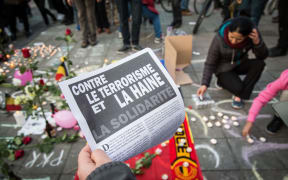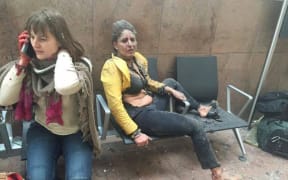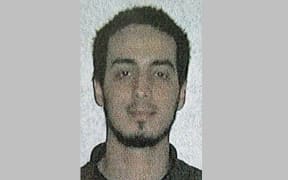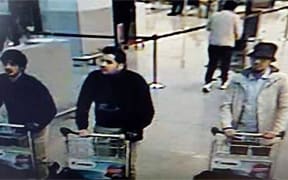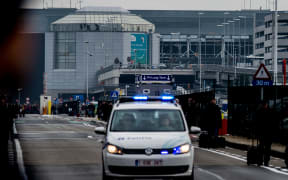The Prime Minister is among many world leaders to condemn the Brussels attacks, saying it is a stark reminder the world must stand against terrorism.
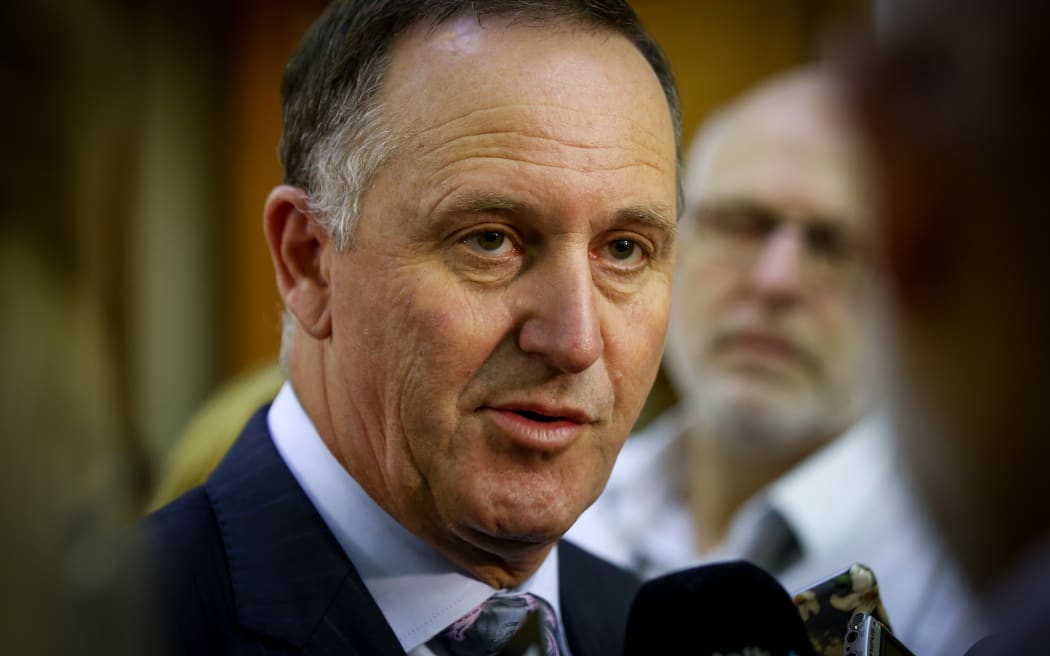
Prime Minister John Key Photo: RNZ / Alexander Robertson
He said the thoughts of New Zealanders were with the people and the government of Belgium.
"No innocent person should have to worry about such violence when going about their daily lives and New Zealand stands with Belgium in the fight against terrorism.
"Atrocities like this and the recent attacks in Turkey are a stark reminder of why the international community must stand together in the global fight against terrorism.
"Our thoughts are with Belgians in the aftermath of this shocking attack."
The bomb attacks at Brussels' main airport and a metro station have left more than 30 people dead.
Mr Key said the Brussels attacks served as a stark reminder of why the international community must stand together in the fight against terrorism.
He said the Ministry of Foreign Affairs and Trade was still working to determine whether any New Zealanders have been caught up in the attacks.
Mr Key said the government's threat level for people travelling to Brussels had been raised to "high", which meant New Zealanders were asked not to go there unless absolutely necessary, and if they were there, to leave.
Belgium raised its terrorism alert to its highest level, level four, and three days of national mourning were declared.
Belgium Prime Minister Charles Michel called the attacks "blind, violent and cowardly".
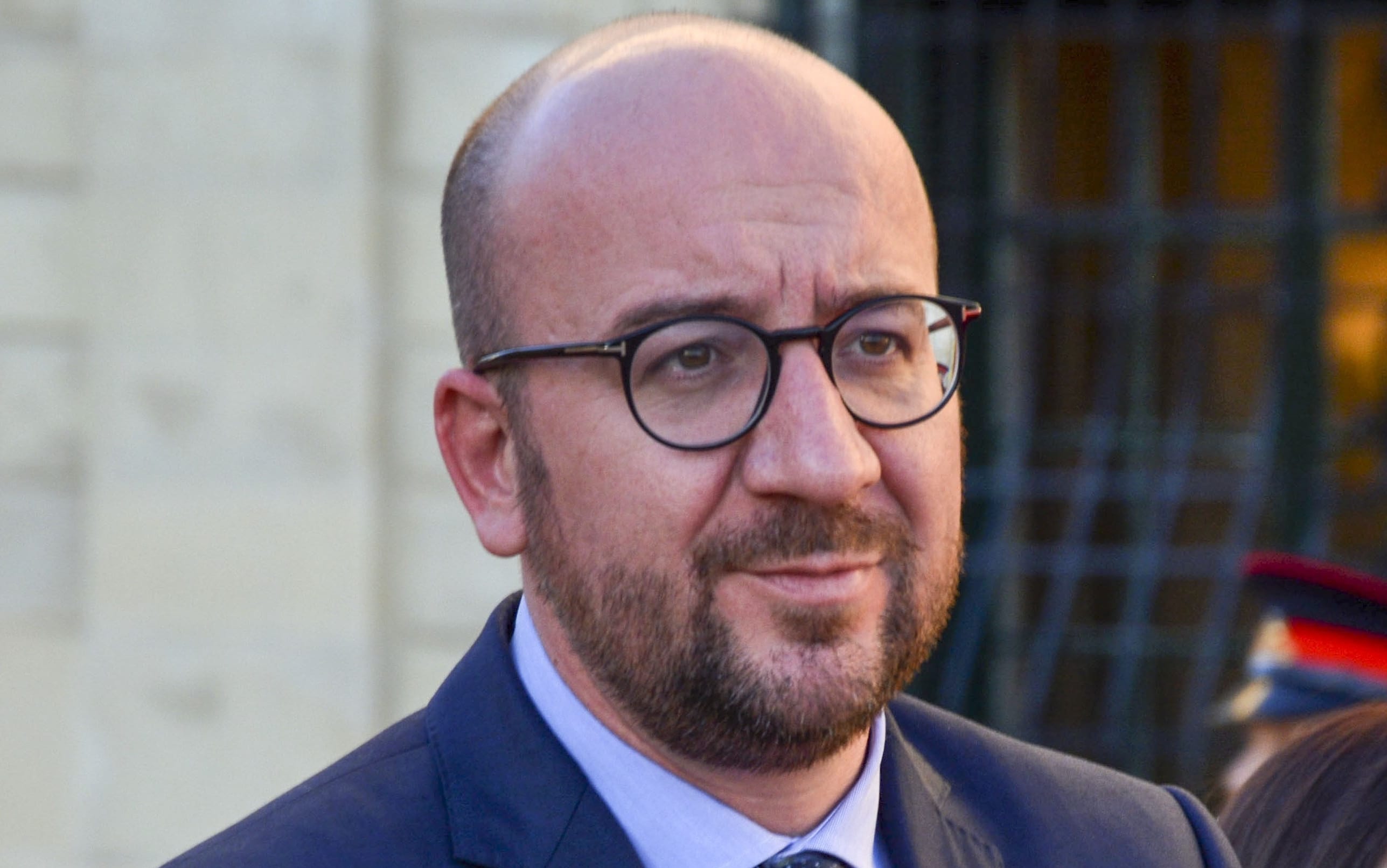
Prime Minister of Belgium Charles Michel Photo: AFP
"This is a day of tragedy, a black day ... I would like to call on everyone to show calmness and solidarity," he said.
The airport and the entire public transport system in Brussels were closed, although some train stations were due to reopen shortly.
Brussels Airport would remain closed Wednesday, chief executive Arnaud Feist told Reuters.
In a televised address to the nation, King Philippe of Belgium said he and Queen Mathilde "share the pain" of all those who had suffered in the attacks.
"Today our country is in mourning. For each of us this 22 March will never be a day like any other. The broken lives. The profound injuries. This suffering is that of the whole country," he said.
"We express all our support to the members of the emergency and security services. And to all those who spontaneously offered aid" he added.
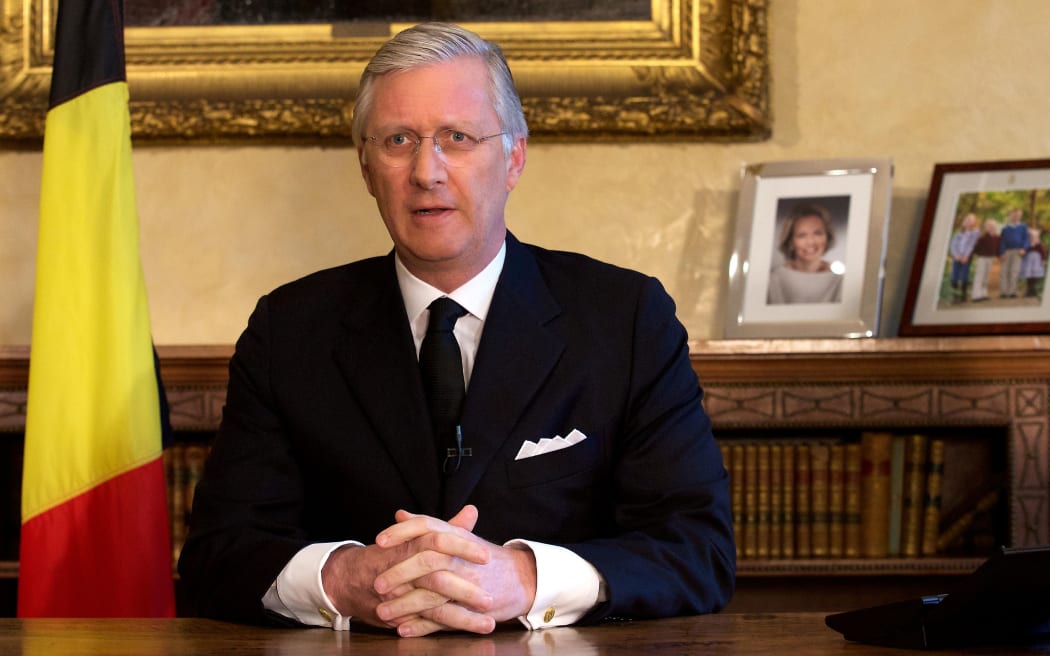
King Philippe of Belgium addresses the nation following the attacks. Photo: AFP
"Faced by the threat we will continue to respond together."
United States President Barack Obama said the US-led coalition would continue "pounding" Islamic State targets in Iraq and Syria following the attacks.
"We're going to go after them," the US president told ESPN during his visit to Cuba.
He said the blasts were "outrageous attacks against innocent people".
The 28 EU leaders - in a joint statement - said the bombings were an "attack on our open, democratic society".
European Council President Donald Tusk said: "These attacks mark another low by the terrorists in the service of hatred and violence."
France has stepped up security, and the cabinet has held an emergency meeting.
"The terrorists have struck Belgium but it is Europe that was targeted. And it is the whole world that is concerned with this," said French President Francois Hollande.
Security was been stepped up at Gatwick and Heathrow airports and the UK Foreign Office advised British nationals to avoid crowded areas in Belgium.
UK Prime Minister David Cameron chaired a meeting of the Cobra response committee on Tuesday.
There would also be extra security at Dutch airports.
The Australian prime minister said Australia's airports had sufficient security in the wake of the deadly attack in Brussels, despite a planned strike by immigration workers ahead of the busy Easter holiday weekend.
Australia was on heightened alert for attacks by home-grown radicals, but the threat level had not been raised after the Brussels attacks.
The bombings came four days after Salah Abdeslam, the main fugitive in the Paris attacks, was seized in Brussels.
Belgium's Interior Minister Jan Jambon had said on Monday that the country was on the highest level of alert for possible revenge attacks after the capture of Abdeslam.
He told Belgian radio: "We know that stopping one cell can... push others into action. We are aware of it in this case."
Labour and the Greens react
The New Zealand ambassador to the European Union, based in Brussels, David Taylor, has tweeted that he and all his team are all accounted for, but the situation is still unfolding.
Labour leader Andrew Little said the attacks highlighted the real threat of terror activity across national borders.
"We also pay tribute to Belgium's emergency service personnel who risked their own lives to help those in need," Mr Little said.
"These events once again remind us that terrorist activity cuts across national borders.
He said his thoughts were with the family and friends of the killed and injured, and that all countries had an obligation to be vigilant and to work together to deal with the underlying causes of terrorism.
"It seems to me there's no question they're targeting cities with big populations and cities that are the heart of international organisations and international networks and they are looking to inflict the maximum possible damage that they can."
Green Party Foreign Affairs spokesman Kennedy Graham said the party was "deeply shocked" by the violence and the loss of innocent lives.
He offered sympathy to the family and friends of those killed or injured.
"We hope for peace to be restored to Brussels soon.
"Our hope also is that the world takes inspiration from the acts of love and togetherness that have been demonstrated already by communities in Belgium", Dr Graham said.
He said the best way to keep the world safe was to increase tolerance and to encourage communities to come together in support of one another.
More than 2000 people gathered on Wednesday in Brussels' Molenbeek neighbourhood, where the Muslim community was supported by hundreds of non-Muslim Belgians, all calling for support and tolerance.
Dr Graham said the greatest threats to the safety of people at times like this were more separation and violence.
-BBC/RNZ/Reuters
